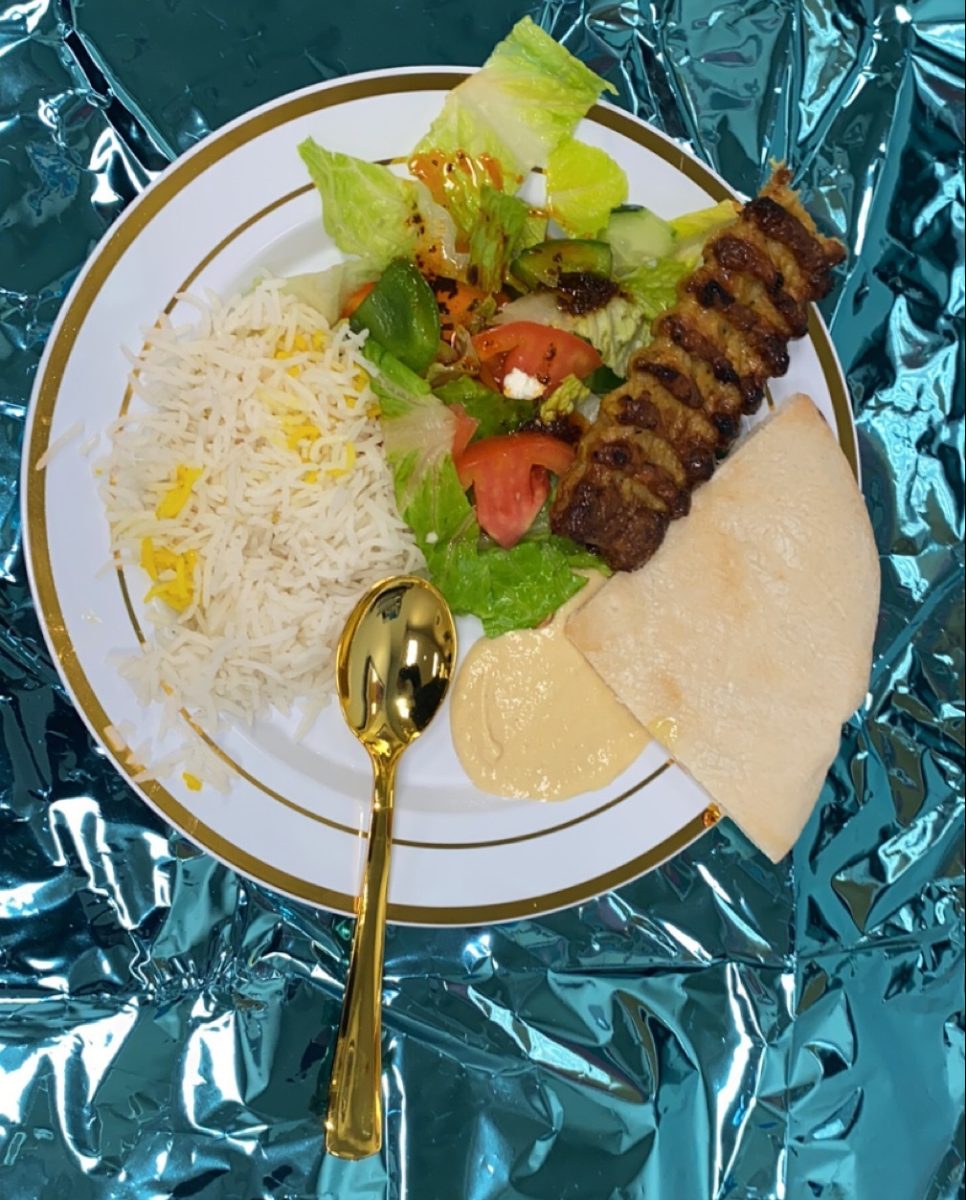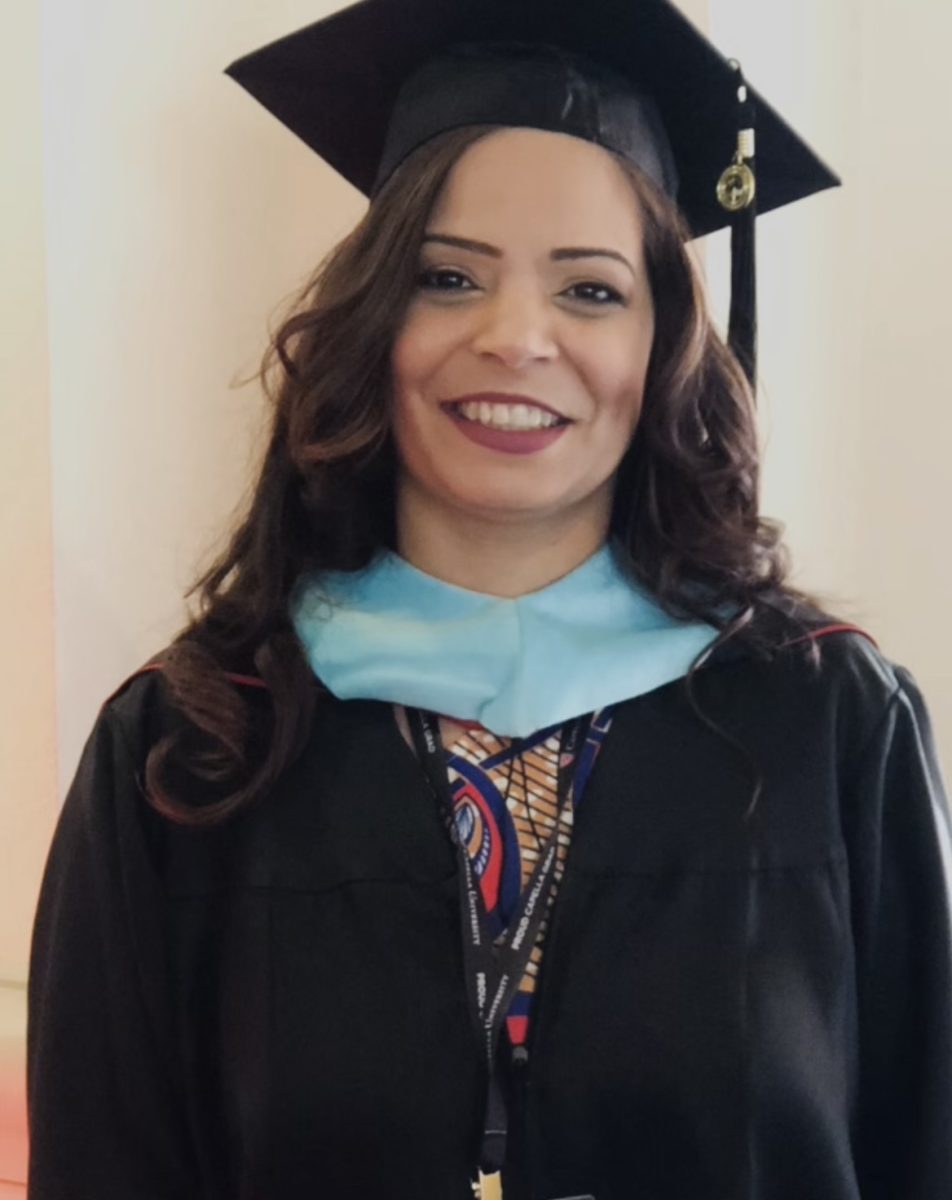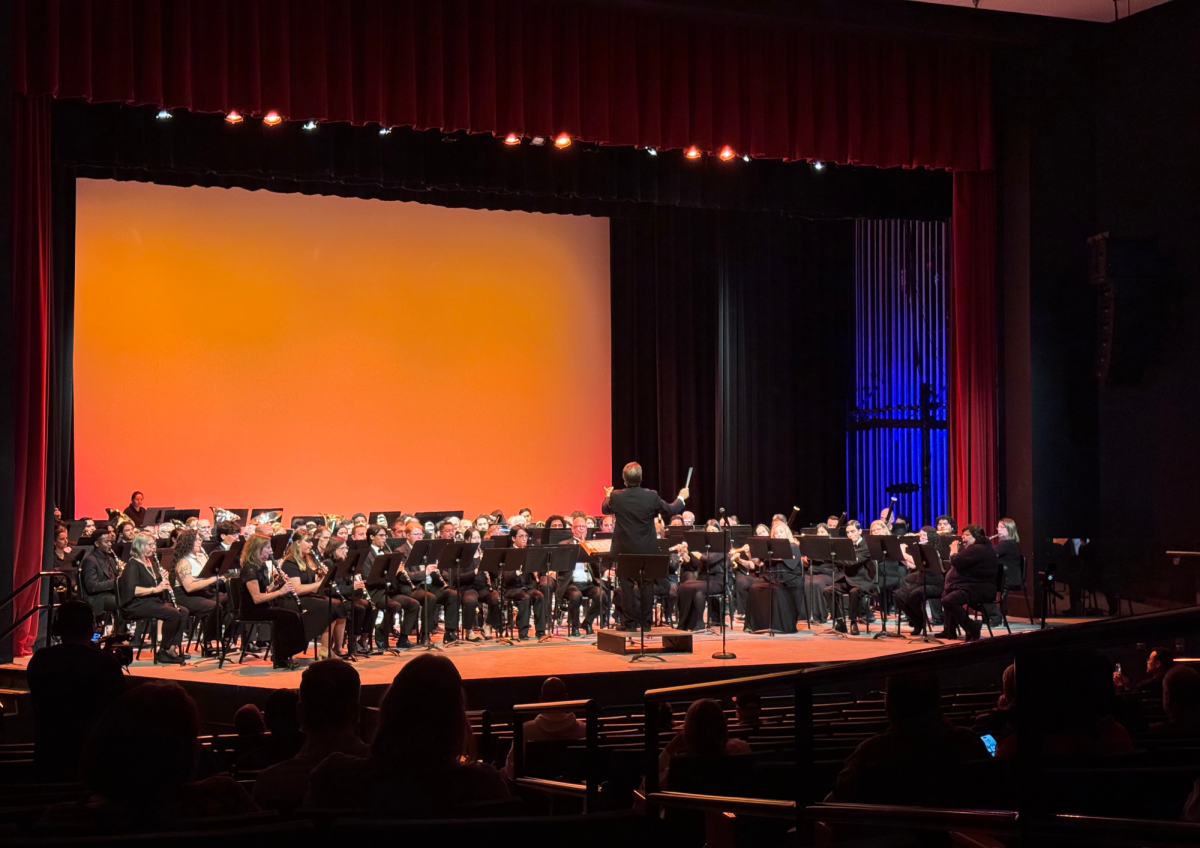On February 29, the East Campus Muslim Ambassadors for Peace held “Dinner and Dialogue”, an event for intercultural communication at Valencia College. Public speaker Rachel Allen, a co-founder of the Peace and Justice Institute, was accompanied by Professor Yasmeen Qadri.
Professor Qadri is a Muslim woman who has been teaching for 25 years in the field of inter-group teaching in early childhood and diversity at Valencia College East Campus for those interested in becoming successful educators and is the founder for the Muslim Ambassadors for Peace, or MAP, at Valencia College. Professor Yasmeen Qadri is an alum from UCF influenced by an advisor who believed in her becoming an educator. Professor Yasmeen Qadri began teaching at UCF, then decided to teach at Valencia College. Qadri says she enjoys teaching at the college.
“I love to take my students and train them because they must prepare the students for the real world; to be good members of society,” Professor Yasmeen Qadri stated. Being a professor holds more value than teaching textbook material, they make connections with their pupils and in return gain the reward of seeing their personal growth. “As a professor you must teach how to be a human being through compassion and honorable values,” Professor Yasmeen Qadri stated.
According to the Peace and Justice Institute, their mission is to make a difference by engaging in principles and practices that explore, advocate, and honor the dignity of self, others, and the earth. National speaker Rachel Allen began her presentation with 13 Principles, a Quaker-like tradition for how we treat one another. The list of 13 Principles can be found on the Valencia College website, and each principle explains how individuals should treat one another no matter the diversity of ethnic groups, gender, or race.
When asking Rachel Allen how she felt when giving an intercultural communication presentation to students, she said, “There is a lot of positive energy between the people in the conversation, and to me that indicates that people are engaged from what they are learning.” Rachel Allen’s presentation on the 13 Principles of how we treat one another impacts students to discover new things about other people and develop fruitful relationships with those individuals. Speaking about intercultural communication at a collegiate level allows students to develop an understanding of proper communication with ethnic groups they may encounter, and to teach those who are ignorant when speaking to a diverse group. “It was important that the presentation displayed different perspectives on culture. It was great to hear about Muslim culture since not a lot of people talk about it, but the presentation in general spoke about many diverse cultures which was impactful,” Primary Education student Ayra Garcia stated.
Allen had a list of scenarios given to distinct groups of students as a workshop activity. It allowed individuals to have an open mind and listen to each other’s different viewpoints, creating a unified community allowing students to engage in communicating in a positive way. There are ways that people can practice intercultural communication that do not harm others and can make others feel welcomed in an environment that may seem isolated.
“Sometimes we move through our lives in groups that are homogenous, so take the risk to get to know somebody who is different. My life has been more enriched being more inclusive with friends, colleagues, and getting to know people who are different.” Allen stated. There are many impactful ways that students who attended the presentation can make whether it be talking to an international student, or inviting someone who sits alone to join them.
“As a Caucasian man the presentation was insightful listening to other ethnic group perspectives. I will do my best to promote equality between everyone and if there is intolerant behavior, I would like to stop it,” History major Michael Baierlein stated. The 13 principles are guidelines that can assist individuals when communicating with others, they advocate for respect and nonviolent actions for all individuals. “This is not my first encounter with MAP, the presentation gave me more reassurance within the 13 principles. I have embraced the principle of respecting silence, whether you are the speaker, or the listener let the silence consume the room for the message to follow,” Political Science major Junior Joseph stated. It is inevitable that everyone is entitled to peace, justice, and equality no matter their ethnic background, race, or gender. Everyone should be treated with love, prosperity, and the pursuit of happiness for a better living.
The Peace and Justice Institute has been built up in fifteen years with a strong community who is open and kind to support. “We are open to allowing this to organization to grow organically and to impact our community and other communities in any positive way we can,” Rachel Allen stated. For those who attended the Dinner and Dialogue event, they leave with an impactful mindset on how to treat others kindly and educate those in the process for a better tomorrow.








Veronica M Urbina • Apr 3, 2024 at 12:19 am
Wonderful article, kindness doesn’t cost a thing. We all need to practice kindness and show our future leaders to have positive mindset. Our children are our future ❤️. Love this article awesome reporter Victoria!